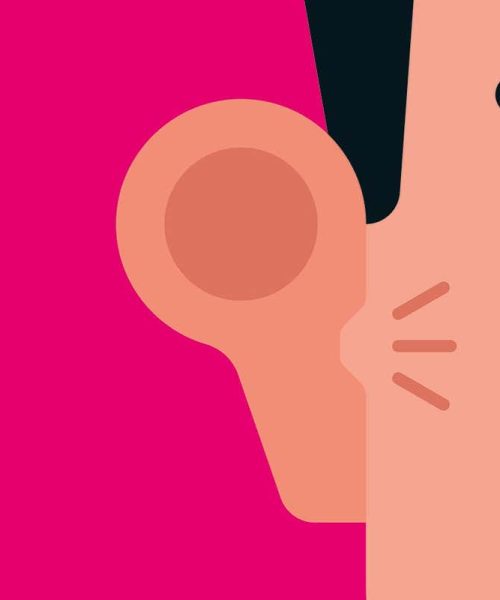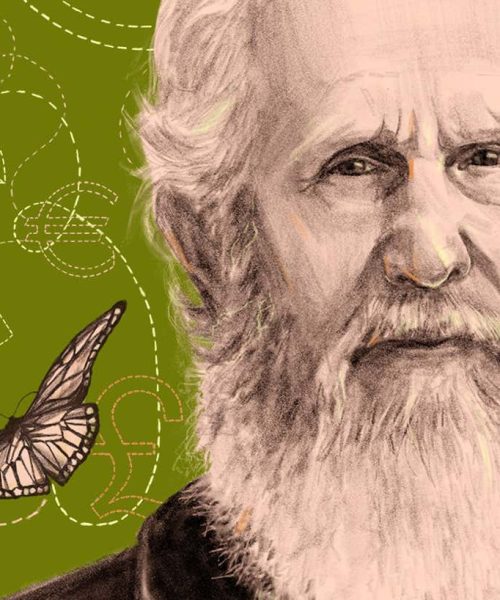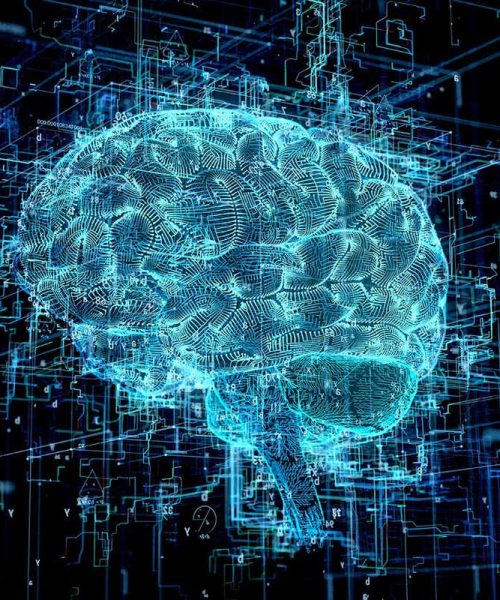
Nabil NEZZAR
I LIKE to think my dogs experience the world in the same way I do. They seem excited when I ask if they want to go to the beach – their favourite place – and when I ask if they are hungry, they reply with a delighted tail wag. But until recently, I hadn’t paused to wonder whether a dog can even understand the concept of a question.
I was prompted to ponder this after a conversation with David Wolpert, who is based at the Santa Fe Institute in New Mexico. Wolpert is a polymath who has turned his hand to many disciplines over the years, including artificial intelligence, physics, economics and computer science. Recently, he has taken a deep dive into questions of intelligence and its outer limits.
In a video call, with my dogs sitting behind me, Wolpert talked me through some of his latest work, which centres on the nature of human intelligence. He points out that, just as dogs and other animals lack our appreciation for logic, there are inherent limits to human knowledge too. Wolpert isn’t the first to talk about unknown unknowns, but, in a recent paper, he approached this topic from a different angle: trying to pinpoint weaknesses in our reasoning so as to identify some of the things we can’t know.
It is both exhilarating and decidedly tricky territory to navigate, but Wolpert says these are some of the most profound questions in science. We have to consider them now, he says, because the artificial intelligence revolution is upon us – and machines may not have the cognitive limits that we do.
Abigail Beall: You …





